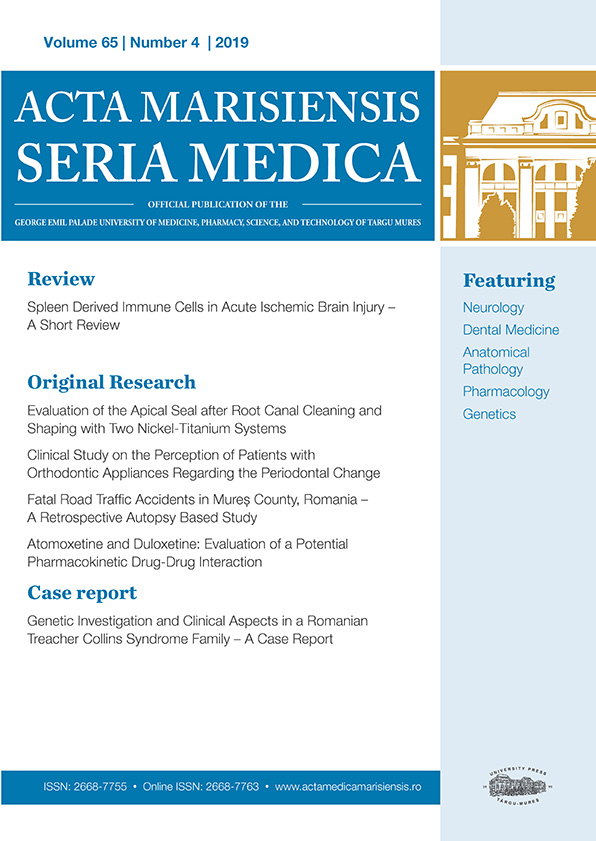The anti-tobacco legislation’s impact on air pollution in Romanian foster care homes
DOI:
https://doi.org/10.2478/amma-2020-0019Keywords:
air pollution, foster care home, PM2.5, anti-tobacco legislationAbstract
Objective: The research aimed to investigate the impact of the anti-tobacco legislation (2016) on air quality in Romanian foster care homes.
Methods: The measurements took place in foster care homes from three Romanian counties. We recorded data three times (2014, 2016 – six months after the implementation of the anti-tobacco legislation, 2019). In 41 foster care homes were measured the indoor and outdoor Particular Matter (PM2.5) level in the air, using the TSI Aerosol Monitor Side Pak AM device. Descriptive statistics and t-test were used for data analysis (significant difference if p < 0.05).
Results: The indoor PM2.5 values were higher in each year than outdoor values. Analyzing the anti-smoking legislation’s impact on air quality, we found no difference between the indoor measured 2014 and 2016 data, but there was a significant difference in the outdoor values (higher in 2016). Comparing the values measured after the implementation of the legislation (2016 vs. 2019) we found no difference in either of the indoor or outdoor values.
Conclusions: The anti-tobacco legislation has not influenced the indoor air pollution (PM2.5) level. The increased outdoor PM2.5 values suggest that the residents of the foster care homes are smoking more in front of the house after the introduction of the 2016 anti-tobacco legislation.
Downloads
Published
How to Cite
Issue
Section
License
Acta Marisiensis Seria Medica provides immediate open access to its content under the Creative Commons BY 4.0 license.









